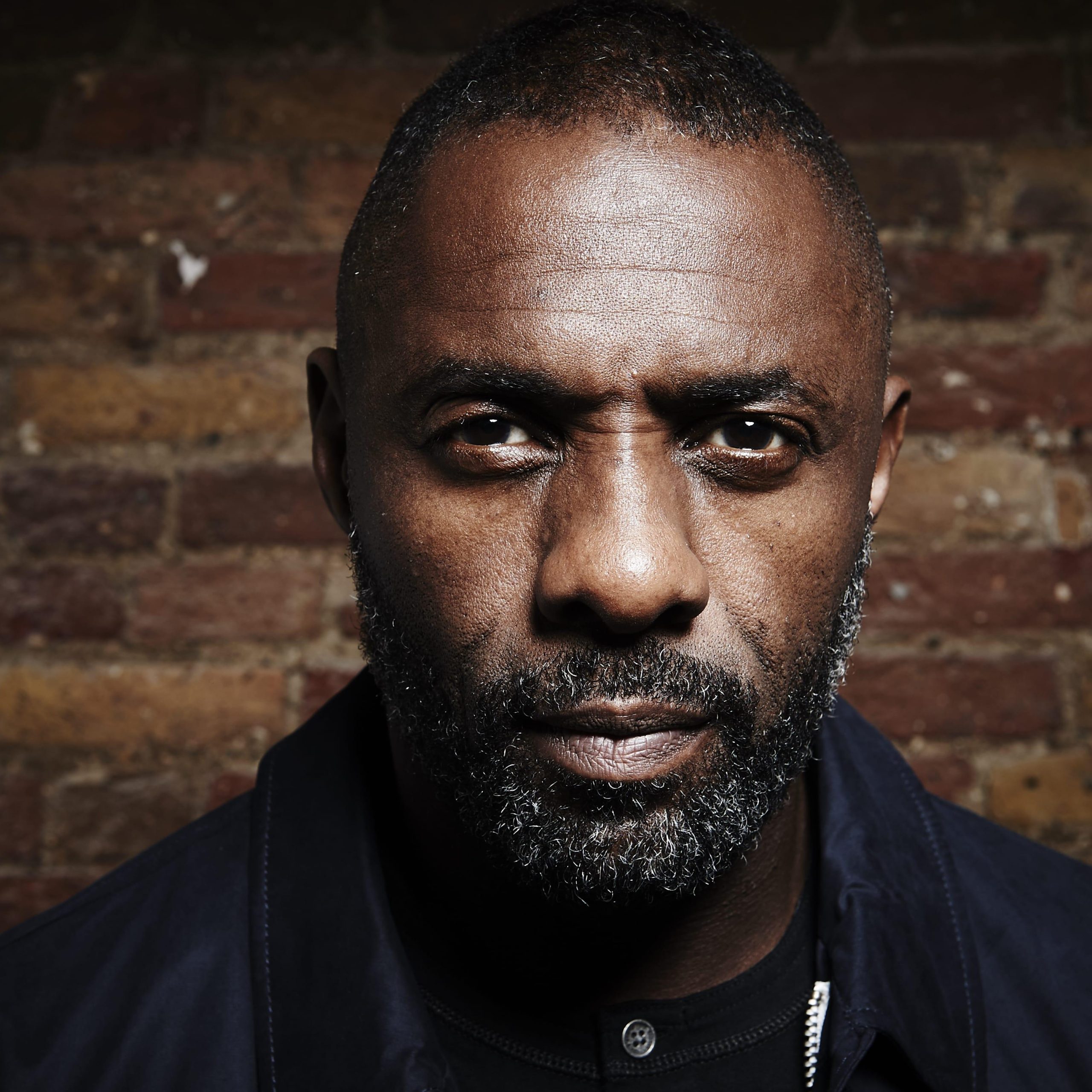Idris Elba, the British actor with African roots, plans to settle in Africa to stimulate its film industry. With ambitious studio projects in Accra and Zanzibar, he aims to celebrate and promote authentically African narratives, offering the world a renewed and nuanced perspective on the continent.
The journey of a return
When Idris Elba, an icon of British cinema and the face of memorable characters, announced his intent to settle in Africa to invigorate the local film industry, it wasn’t simply a symbolic return to his origins. It’s a vision, a commitment driven by the ambition to reshape global perceptions of Africa. More than an actor, Elba is now a bridge, a voice-bearer determined to use his talent and influence to inspire a vibrant artistic ecosystem rooted in African stories and geared toward the future.
Idris Elba: Between heritage and ambition

Born in London to Ghanaian and Sierra Leonean parents, Idris Elba has never broken the bonds that tie him to Africa. This deep-rooted connection manifests not only in his roles or collaborations but in a quest for meaning and identity—a desire to strengthen that bond by investing in the continent’s cinematic development. At 52, the star of The Wire and Luther asserts that the time has come to elevate authentic stories, stories of African peoples and cultures often absent from the screen.
When he speaks of Africa, it’s not merely a destination but a return to the roots of a continent that silently shaped him. Elba wants the world to see a different Africa, an Africa in all its complexity and beauty. For him, it’s not a matter of boldness but of responsibility: to move to Africa, to develop studios, to encourage a vibrant local industry. And it’s not just one country; Accra, Freetown, Zanzibar—all are part of a broader vision to tell Africa’s story in all its facets.
A major endeavor

Building film studios on African soil is an ambition that goes beyond the technical aspects. Infrastructure is only the beginning. For Elba, these studios represent a space for creative freedom, a starting point for local artists and filmmakers who don’t always have the means or channels to showcase their work. Whether on the island of Zanzibar or in Ghana’s capital Accra, each site reinforces his conviction: it is in Africa that African stories must be born.
In a recent interview, Elba spoke with passion:
“I WANT TO BE IN THE COUNTRY, ON THE CONTINENT. BEING AT THE HEART OF THESE STORIES IS ESSENTIAL FOR THEM TO RESONATE AUTHENTICALLY.”
This is not merely a declaration; it’s a stance. For an actor of his stature, being physically present—establishing his life on the continent—is a way of reminding the world of the importance of what’s happening here. Beyond the studios, Elba hopes to spark a movement, a synergy between African filmmakers and international talent, an exchange of ideas, expertise, and, most importantly, stories.
Redefining Africa’s image

Idris Elba’s cinematic project is also a response to enduring stereotypes about Africa. “When people think of Africa in film, it’s only war, trauma, slavery, and colonization,” he said. For Elba, these one-sided portrayals obscure stories of love, excellence, bravery, and resilience. He envisions an Africa viewed as a multifaceted continent, rich in nuances and complexities—a place that inspires as much as it questions.
This fresh perspective is what he aims to inject into the films that will emerge from his studios. He imagines a platform that can reveal an Africa with many faces, where every nation, every language, and every culture has a place. He wants to inspire authentic stories, to tell Africa’s story as never before, to break the reductive lens that still holds Africa within a narrative of inferiority. Through his involvement, Elba aims to create an African cinema that resonates globally, where Africans can see themselves represented with dignity.
Supporting African talent

Idris Elba arrives on a continent where cinema has already taken off. From Nollywood in Nigeria to Oscar-winning films from South Africa, African cinema’s potential is undeniable. But what Elba proposes is to channel this potential by providing resources, infrastructure, and a framework for exchange. These studios, envisioned as talent incubators, will train young African filmmakers, encourage local productions, and distribute these works on an international scale.
Elba often emphasizes the importance of creative autonomy:
“AFRICA MUST BE ABLE TO CONTROL ITS OWN NARRATIVE.”
This concerns vision, priorities, and respect for the cultural specificities that enrich each region. By settling in Africa, Elba aims to break down the barriers of the global film industry by integrating a unique and indispensable African perspective. This project goes beyond films; it’s a bridge to a creative and dynamic continent, where stories are told by those who inherit them.
A legacy in the making
By envisioning Africa as his creative home, Idris Elba makes a bold statement, a move that transcends symbolism. This project is a return to an essential core, a celebration of what Africa offers to the world. For in this cinematic dream lies a unified Africa, capable of speaking to both the world and itself. Elba isn’t looking to impose a vision but to create a framework where each African talent can shine, where every film becomes a voice that rises.
For Africa, this initiative is more than a project; it’s a statement that African cinema has a place, and its potential is immense. It’s a shared dream led by a global icon who has chosen to make his home on the land of his ancestors to reveal its beauty and strength. Because for Idris Elba, African cinema is already vibrant, full of promise. It only needs the space and the means to show its brilliance to the world.
